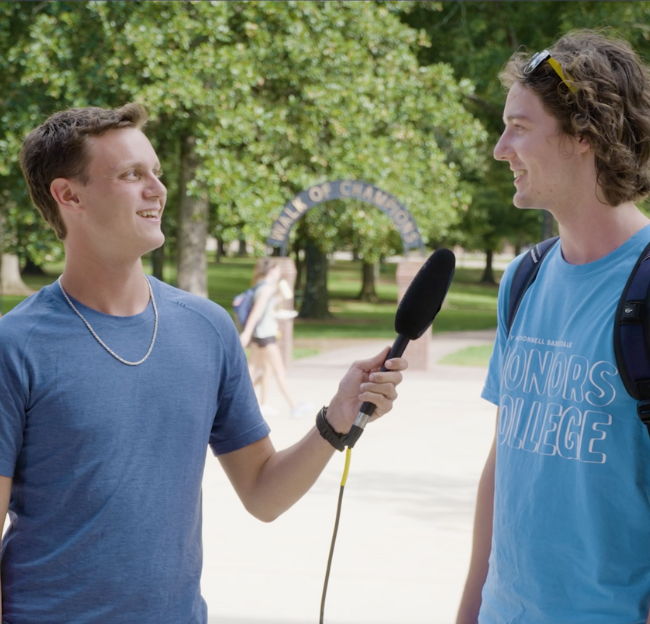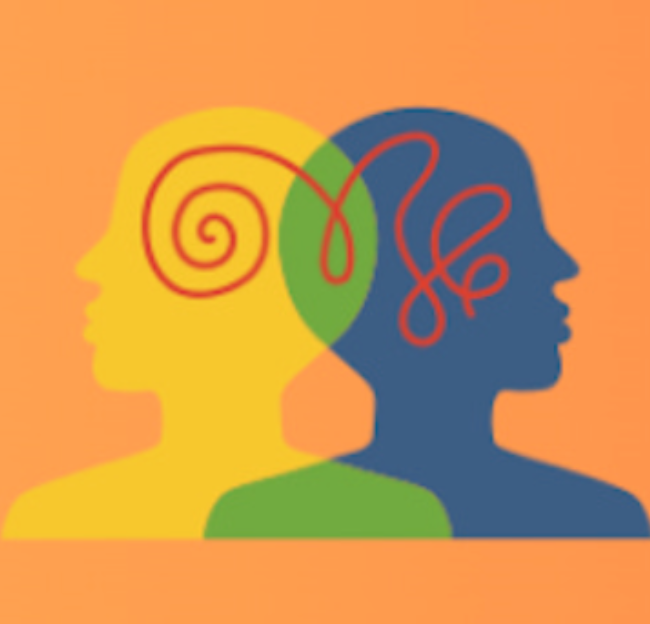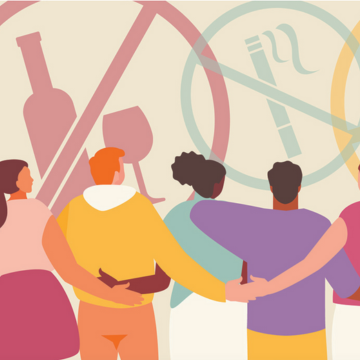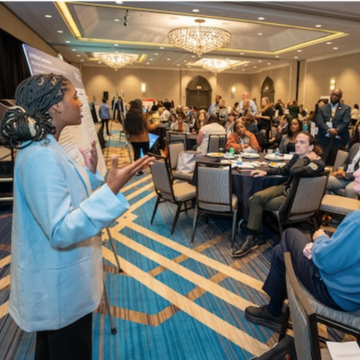William Magee Institute Research Initiatives
The William Magee Institute centralizes data from disparate silos of subject matter research nationwide while conducting its own innovative, collaborative, and transparent research and education to improve student wellbeing.

The Best Knowledge Leads to the Best Action
The William Magee Institute is focused on the research component of this subject area and is well positioned to determine new knowledge, approaches, techniques, and ideas for how to help students make necessary behavioral changes, to help them be successful—and to create resources for them so they can achieve what wellness looks like from their perspective.
Mississippi Drug Use Reduction Program
Leveraging already established partnerships, the Mississippi Drug Use Reduction program implements and adapts evidence-based programs and interventions in four economic regions in Mississippi: Northwest, Northeast, the Delta, and the Coast. These regions have been selected because they have high rates of overdose deaths and/or are geographically close to counties that have been designated high-density drug-trafficking areas.
Read Statement of Need here.
The Mississippi Drug-Use Reduction Program encompasses three programs:
A recent review found little evidence of value for well-known “scared straight” programming, but found more evidence supporting life skills training programming. This activity will add to that evidence base by combining several life skills tools, including but not limited to: emotional intelligence (EI) skill development, principles from purpose-driven flourishing, substance use avoidance, and leadership training. Taken as separate interventions, each of these curricula have demonstrated benefits to students, however, the impact has been small.
This activity will be led by a team of experts from the schools of education at both the University of Mississippi and Baylor University, the National Center for School-University Partnerships, and the Clinic for Outreach and personal Enrichment (COPE), in collaboration with The William Magee Institute for Student Wellbeing (WMI). These academic groups will partner with teachers, school counselors, and school administrators to co-create this educational program, using the Breakthrough Collaborative Model, and provide access to additional mental health services to students in need.
The initial co-creation process will take place in both the Northeast and Delta economic regions of the state to leverage previously established partnerships with local school boards, through a series of meetings. As the final version of the curriculum takes shape, it will be paired with data and information that can be used to access COPE resources, then be shared with partners in the other economic regions to gather additional feedback and allow for tailoring to those unique settings.
It is anticipated the initial co-creation will take approximately 6 months to complete. However, there after it will be rolled out immediately in the initial partner schools and then rolled out as it has been tailored to each of the subsequent regions’ schools.
There is a well-established connection between mental health disorders and substance misuse and abuse. However, it is often difficult to identify someone who may be struggling with a mental health disorder and then know how to appropriately approach that person about seeking help. Youth Mental Health First Aid (YMHFA) is a program that teaches participants how to identify and respond appropriately to signs of mental illness and substance use disorders in young people.
Training increases YMHFA knowledge, recognition of mental disorders, beliefs about effective treatment, and confidence to help, as well as intentions to apply learnings from the program. It also helps reduce stigma. In collaboration with schools and other organizations across the state, this initiative will provide YMHFA training to parents and community-youth leaders across the state.
This initiative will be led by experts from the School of Applied Sciences, which has experience rolling out this training program on the University of Mississippi campus, in collaboration with the WMI. Dr. Allison Ford-Wade and her team have already provided training to a group of instructors, who will in turn provide training in their local units.
Addiction-related stigma coming from healthcare professionals (HCPs) continues to be an important barrier to patients accessing and engaging with treatment for substance use disorder.
This initiative will be led by experts in the School of Pharmacy in partnership with a large non-profit organization (Shatterproof) and the WMI, focused specifically on reducing addiction-related stigma. The program will develop and disseminate a cost-effective and sustainable educational intervention for future and current HCPs being trained or practicing in the Southeastern US.

The Mayo Lab Podcast
College students are facing real challenges, and The Mayo Lab is here to support their journey toward holistic health.
The Mayo Lab Podcast brings together a range of student voices to tackle essential conversations about wellness—from mental health and academic stress to physical well-being and social connections. Each episode goes beyond discussion, offering actionable tips and tools to empower students to make meaningful changes in their lives.

Stigma Unraveled: Addiction Unmasked
Stigma Unraveled: Addiction Unmasked is a partner of The William Magee Institute that works to enhance access to supportive treatment for individuals grappling with addiction. The newsletter's mission is to "explore, understand, and reduce the stigma associated with addiction and substance use disorder."

Southern Alliance for Youth Mental Health
The Southern Alliance for Youth Mental Health, in partnership with the William Magee Institute, is working to improve youth mental health throughout the Southern Region of the United States through Youth Mental Health First Aid (YMHFA).
YMHFA is an early intervention evidence-based training program offered by the National Council for Mental Wellbeing. It empowers parents, teachers, caregivers, and other adults who regularly interact with youth (ages 12-18) to recognize early signs of mental health challenges, provide initial support, and connect youth to appropriate resources.



